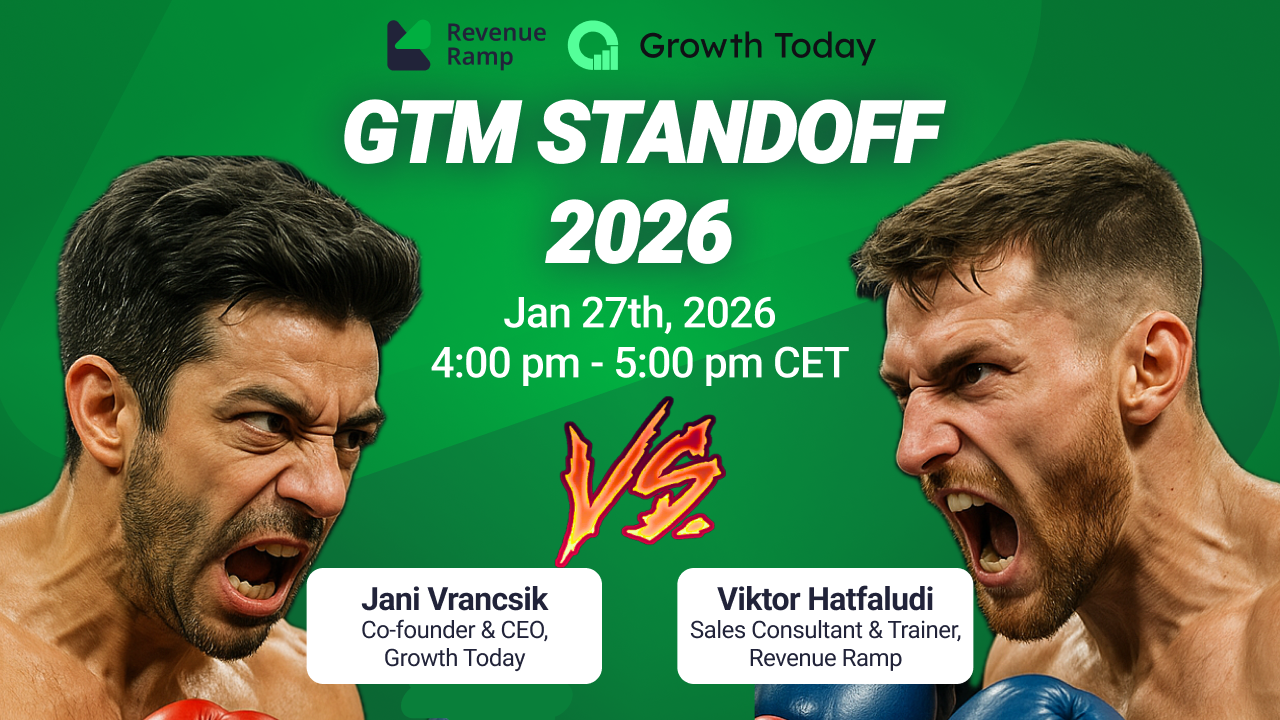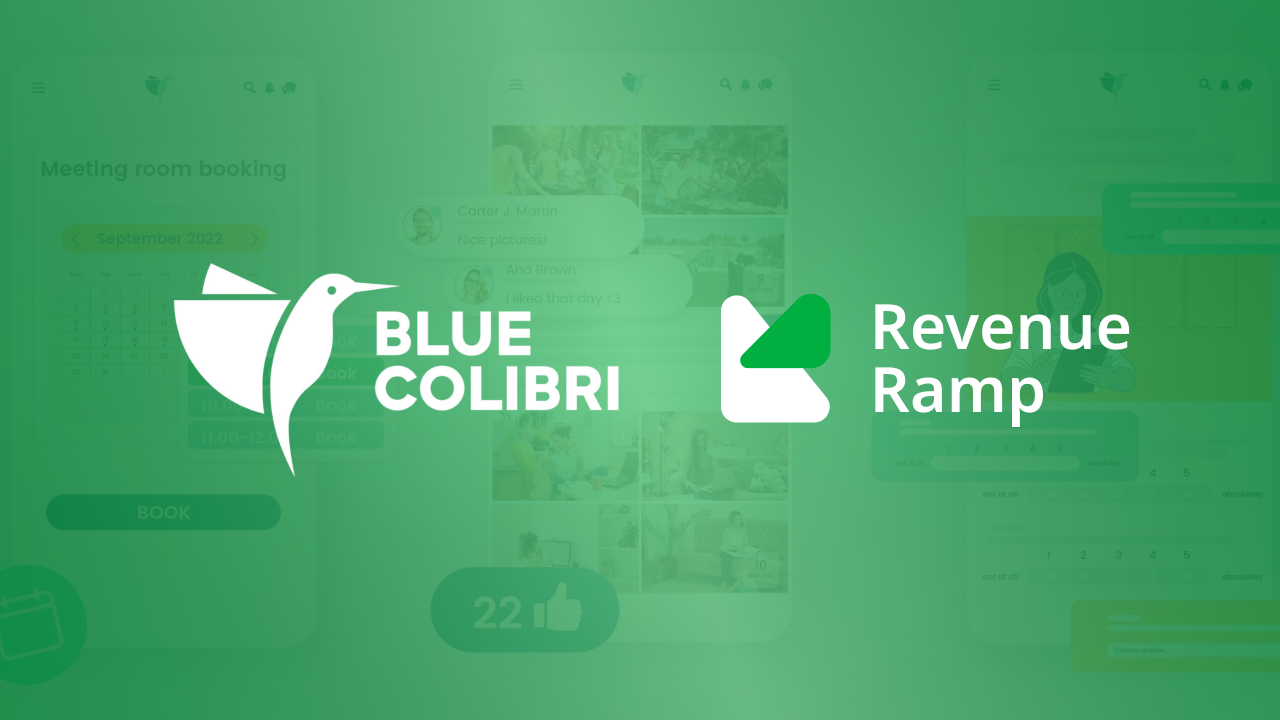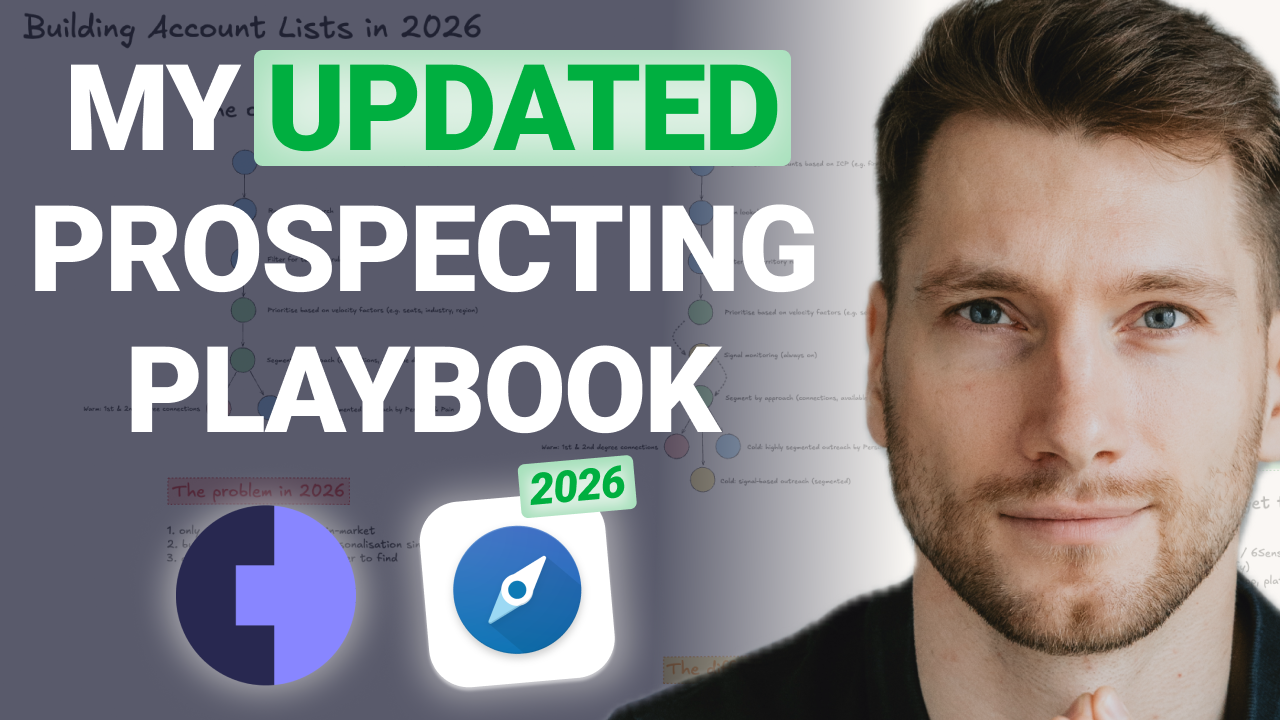Intro
Startups in their early stages are strapped for cash but need tools so their team can be productive - and tools can get expensive pretty fast.
So in this post we’ll walk through a playbook you can apply instantly to negotiate the price of your next software purchase. Consider it negotiation 101 for Startup Founders and those new to procurement.
So you did your research and know the tech stack you want in place to scale your outbound sales motion BUT when you run the numbers the budget is through the roof. What do you do?
1. Remove some tools from the cart and try to make an impact without it?
2. Swallow the cost and hope it’ll pay for itself?
How about neither and you get someone to negotiate the prices for you? That’s what we’ll cover in this post. Let’s do this!
The psychology of negotiation
When most people hear the word “negotiation” what actually runs through their mind is haggling.
But Haggling and Negotiation are not the same.
Haggling is forcing your own agenda in hopes of getting a bargain without giving anything in return.
The only thing this gets you is bad reputation and damaging potentially valuable relationships. There’s also a lower chance that it works out for you.
Healthy negotiation on the other hand is about striving for an outcome that (ideally) both parties are satisfied with.
There are 3 things you can negotiate on and the good - fast- cheap triangle might ring a bell OR in other words quality, time, and price.
Let’s see what cards you can play with in each of these.
Negotiating quality
When it comes to quality you’re talking about how well the solution meets requirements whether that’s adding or letting go of some features, going with another vendor, or in the case of physical products it can be used versus new.
Negotiating time
Time is more versatile because you can negotiate the the time it takes to implement the solution, timing of the deal like when you sign the contract, the duration of the contract itself, or how much of your own time are you giving in exchange for lowering the cost: whether that’s doing the setup yourself instead of having customer success help out or taking part in a webinar slash customer success story down the line.
Negotiating price
And lastly price is usually about total amounts but it can also be about payment terms like are you paying upfront or Net 30-60.
Now before your start negotiating it’s important to know the psychology behind it:
Do you know what motivates of your counterpart?
Since we’re talking about sales reps it’s going to be one of three things:
1. hitting target faster so they can make money now. You can either spend a lot with them or save them time spent on the deal so they can work on closing other deals,
2. it can be looking good in front of their manager and peers so either help them close the deal fast OR make it easy for them to prove the need for discount by providing all the info they require
3. and lastly dangle the possibility of them being able to sell you more in the future
Last thought before jumping into the template: it’s difficult to negotiate without knowing what you’re getting into so negotiation is usually left for the later stages of the buying journey. You’ll normally go through a discovery call or two and maybe even a separate demo session. Once you’re past the discovery and demo calls, ask them for a quote for the licences you need. THEN within a day of receiving their offer reply with this email:</aside>
Use this template the next time you negotiate
Hi NAME,
Appreciate you getting back with the price but as a small startup this is just way out of scope for us.
This shows you’re grateful and you state the price objection clearly
To be completely transparent we have about 1 year runway and we’re raising our next round of funding for which we need insights on what’s working and what isn’t so we can get results fast. COMPANY isn’t the only vendor we’re evaluating but we’d prefer to buy COMPANY PLATFORM over others based on our research. We also don’t know for sure if this investment will pay off at all.
Here you’re giving the information the rep needs to justify the discount: the situation, pain, impact, critical event, decision making factors, and calling out that there’s competition THEN you add layer on top by saying you don’t have a reason to have confidence yet that buying the platform will directly result in the impact you’re seeking. Let’s continue:
In a year we’ll either be out of money or have a new round of funding for scaling our sales team and will need more seats.
By saying this you create scarcity and urgency by reframing your situation in a way that they have something to gain and nothing to lose. To them this might be a one-off deal but it could be even more in the future. Then you say:
We do see the value in your platform and would love to partner with you over the long run but right now we can’t afford to spend more than PRICE for your solution due to our financial situation.
You’re reconfirming intent to buy and that you value the relationship (essentially saying “it’s not you it’s us”) and then make it easy for them to price the solution by naming your price. You want to avoid saying “name your best price” because this is too difficult for reps to calculate and justify to their manager so you’ll be presented with a higher price than you’d expect. Also avoid anchoring too low if you really want to buy their solution. So be reasonable. Moving on:
We can however have a contract turned around fast because we will be buying from one of the vendors this month so we can execute better. All of these vendors meet the core requirements and so our final decision will come down to price alone. We would prefer for that vendor to be COMPANY though and this is me trying to help you out.
You just showed that you’re serious about buying and not trying to haggle but are offering something in exchange for their flexibility. Then you’re making it clear that you have equally satisfactory alternatives but also that they are the preferred solution and you’re being open as a way to start the relationship off on a good note. Now you’ve given them something to lose: lose the deal and lose a good relationship. You gotta keep in mind that in sales relationships are everything. And then you close by saying:
Can you make this price work?
Best,
By now you’ve given them all the motivation they need to work with you. Now is not the time to be pushy so avoid call to actions like “you have until the end of this week to let me know”. Instead simply ask for their cooperation.
If they respond by saying they can’t meet that price point reply to them with one line: “what can we do to get closer to PRICE?”. And now the negotiation begins.
Consider your BATNA
To make the negotiation go your way you have to consider your BATNA.
Bat-what?
BATNA stands for Best Alternative To a Negotiated Agreement.
It’s your Plan B.
1. Are you going to take their counter-offer even if it’s higher?
2. Will you choose one of the other vendors?
3. Are you going to walk away and make do without this tool in place?
Here are 3 ways you can improve your BATNA:
1. First of all collect quotes from competitors upfront so you actually have other offers on the table you’d be similarly happy with. This removes the pressure off your shoulders and allows you to keep your cool throughout the negotiations.
2. Number two: Leave the negotiation talks to the last month of their fiscal quarter because reps and leadership usually take less risk during this time of the year.
3. And lastly: Be prepared to walk away. Have a plan for how you’re going to get results even without a tool in place.
If you want to dive deeper into negotiations I recommend reading the books “Getting to Yes” and “Never Split The Difference” which are foundational to anyone working in Sales. And let’s be honest - we’re all in Sales.
If you enjoyed this post why not share it with a friend?
Also don't forget to subscribe to my free newsletter to get notified as soon as the next post goes live!







